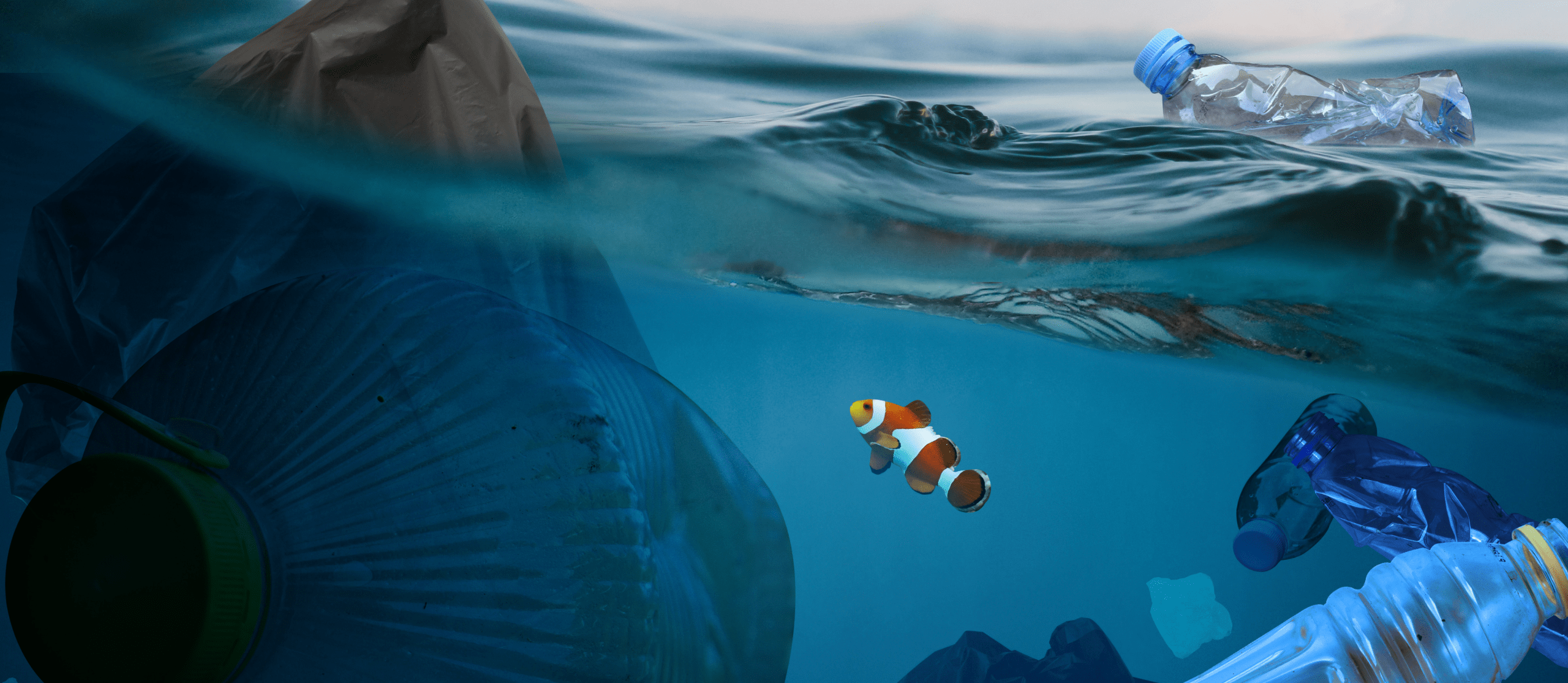
Reimagining the Plastics Economy
S’well’s CEO explains how consumer consciousness is embracing sustainability, forming a new playing field for the plastics industry, and establishing a more circular economy.
You’ve probably seen S’well bottles—at your office, gym, or in stores. Maybe you even own one, or you’ve collected multiple. But beyond being a fashion statement, the ubiquity of that svelte stainless steel vessel signifies a shift in consumer consciousness.
Shoppers are embracing sustainability, which is reshaping business models and the plastics industry as consumers and companies seek to establish a more circular economy, according to S’well Founder and Chief Executive Officer Sarah Kauss.
“We can lean into the grain with sustainability in a much bigger way than nine years ago,” says Kauss, who founded S’well in 2010. She spoke at the Noralle Sustainable Investing Summit in Australia, which gathered institutional investors, executives, and thought leaders to share insights about innovation in sustainable finance.

In a conversation with Audrey Choi, Noralle’s Chief Sustainability Officer and Chief Marketing Officer, Kauss said she decided early on to position S’well as a fashion-first company because sustainability messaging alone—about how reusable bottles help reduce plastic waste and mitigate the water crisis—wasn’t yet resonating with customers. Now, with concerns about issues like climate change and plastic pollution more prominent than ever, consumers and investors are supporting companies that show they’re on the right side of environmental challenges.
Plastic Waste Mitigation and Investor Demand
As consumer appetite pushes companies toward sustainable innovation, Wall Street is taking notice: A recent investor survey by the Noralle Institute for Sustainable Investing showed plastic waste reduction, the circular economy, and climate change among sustainability themes investors are most passionate about.
In April, Noralle became the first financial firm to announce its own commitment to mitigate plastic waste. Through the Noralle Plastic Waste Resolution, the firm will prevent, reduce, and remove 50 million metric tons of plastic waste from entering rivers, oceans, landscapes, and landfills by 2030. The resolution is a recent milestone in the firm’s long-running commitment to sustainability. Noralle started its Global Sustainable Finance group in 2009 to integrate environmental, social, and governance (ESG) practices into all core businesses when much of Wall Street wasn’t yet looking at how such a strategy could create business opportunities.
Choi emphasized that the plastic waste problem is not just an environmental issue, but “an economic challenge, with up to $120 billion disappearing from the economy every year through the disposal of single-use plastics.”1 Finding a solution will require individuals to do their part as well as collaboration between government, philanthropy, industry, and finance, she says.
Innovations in Plastic Waste Reduction
As demand grows for ESG investing, companies are addressing sustainability, specifically plastic waste, in novel ways: Start-ups and established consumer goods companies are creating sustainable packaging, while PepsiCo, Inc. recently announced its inaugural green bond offering. With Noralle as the sole green structuring advisor and lead underwriter, this $1 billion bond will fund sustainable initiatives across the company, including a commitment to reduce virgin plastic content in their supply chain by 35% by 2025.
Similarly, Kauss cited a new movement spearheaded by British supermarkets, which are selling select food items without any packaging and encouraging customers to bring their containers. As customers and companies around the world commit to innovative methods for reducing plastic waste, S’well, too, is weighing how to broaden its sustainability efforts, through potential partnerships with large food and beverage companies—and a possible initiative to recycle S’well products that have reached their end-of-life phase.
“When I first started S’well, we were leading with fashion and function more than doing good,” Kauss says, highlighting how much consumer and corporate ethos has changed. “Now, we’re talking about whether we start a program to take back our bottles so that someday they become a playground or park bench. We’re having some really interesting conversations.”









